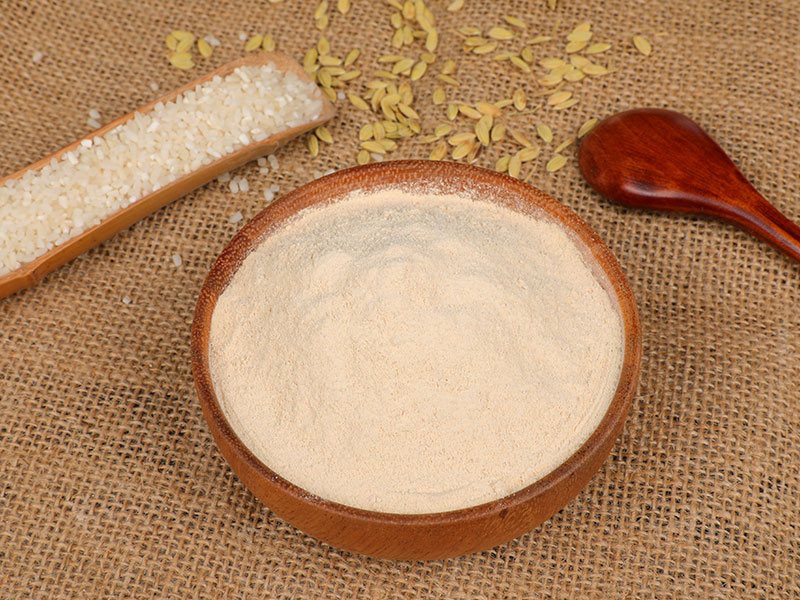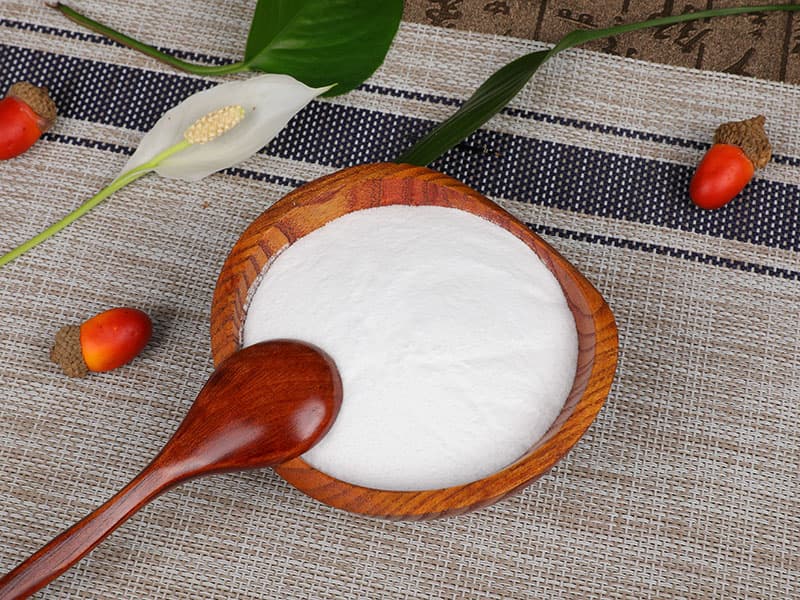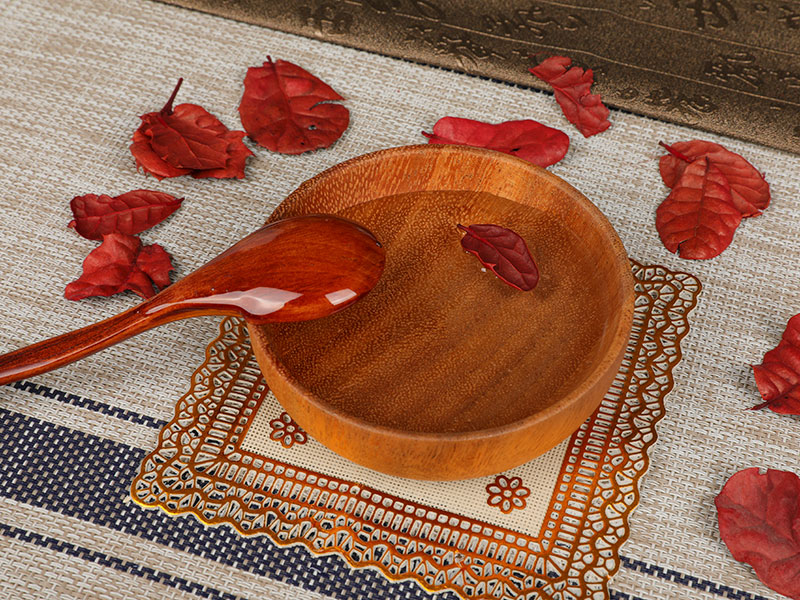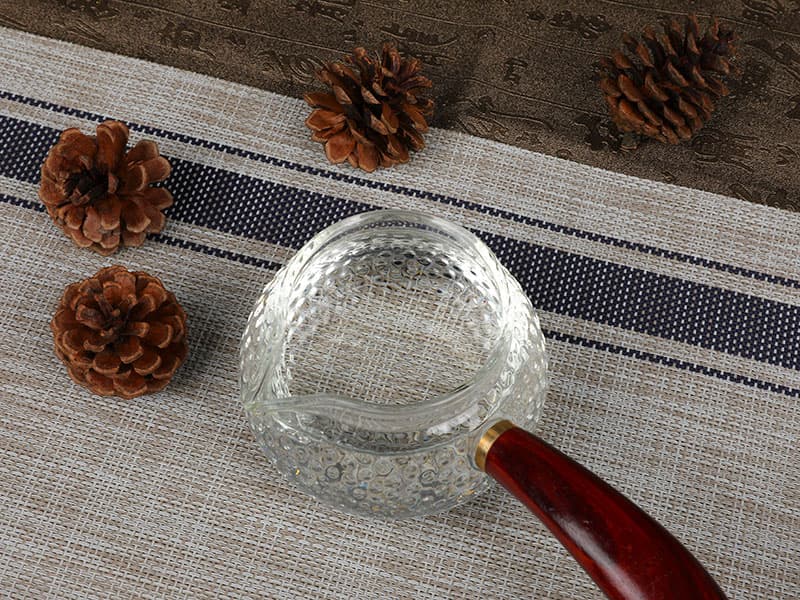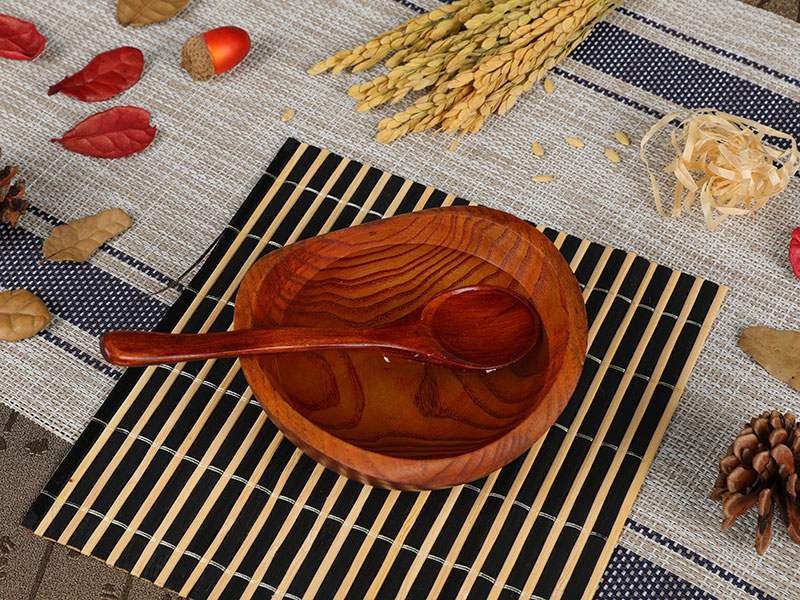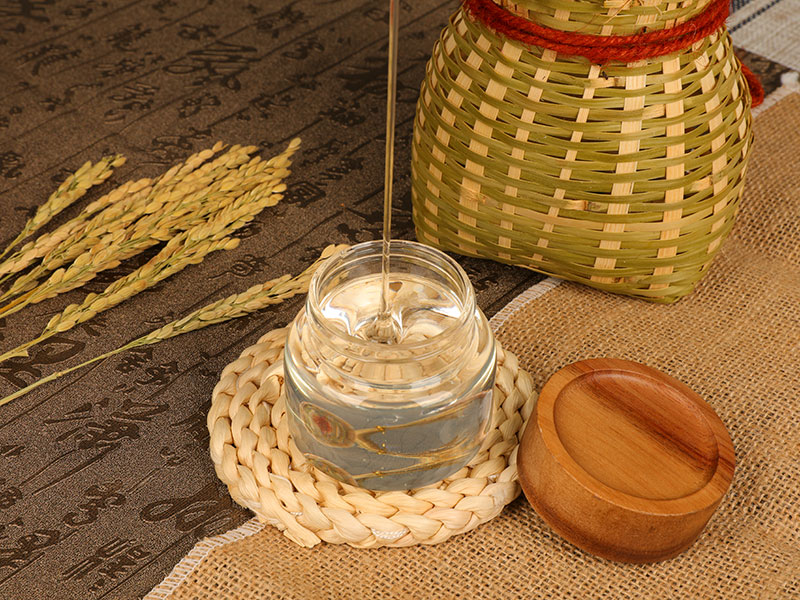Maltose syrup, also known as malt syrup or malt extract, is a sweet syrup made from malted barley, rice, or other grains. It consists primarily of maltose, a disaccharide sugar composed of two glucose molecules. Maltose syrup can offer several potential benefits in terms of texture, flavor, and shelf life enhancement in various food and beverage applications:
Texture Enhancement:
a. Viscosity Control: Maltose syrup is often used as a thickening agent and can contribute to the desired viscosity of products like sauces, dressings, and desserts.
b. Moisture Retention: It has hygroscopic properties, meaning it can attract and retain moisture. This can help improve the texture of baked goods, making them softer and more moist.
Flavor Enhancement:
a. Sweetness: Maltose syrup is less sweet than sucrose (table sugar), which allows for more subtle sweetness adjustments in recipes without overwhelming other flavors.
b. Malty Flavor: Maltose syrup can impart a pleasant malty or toasty flavor to products, which can be desirable in certain applications like malted beverages, bread, and cookies.
Browning and Flavor Development: Maltose syrup contains reducing sugars, which can participate in Maillard reactions and caramelization, leading to browning and the development of complex flavors in baked goods and sauces.
Shelf Life Enhancement:
a. Humectant Properties: Maltose syrup's ability to retain moisture can help extend the shelf life of products by reducing the risk of staling or drying out in baked goods.
b. Preventing Sugar Crystallization: In confectionery and candy production, maltose syrup can help prevent sugar crystallization, contributing to a smoother texture and longer shelf life.
c. Microbial Growth Inhibition: The hygroscopic nature of maltose syrup can inhibit microbial growth by reducing the water activity (Aw) of products, which can extend their shelf life.
Flavor Masking: Maltose syrup's mild flavor can be used to mask or balance the flavors of certain ingredients or additives that may be less desirable in the final product.
Fermentation and Brewing: In brewing and fermentation processes, maltose syrup is used as a source of fermentable sugars, contributing to alcohol production and the development of specific flavors in beer and other fermented beverages.


 English
English 中文简体
中文简体